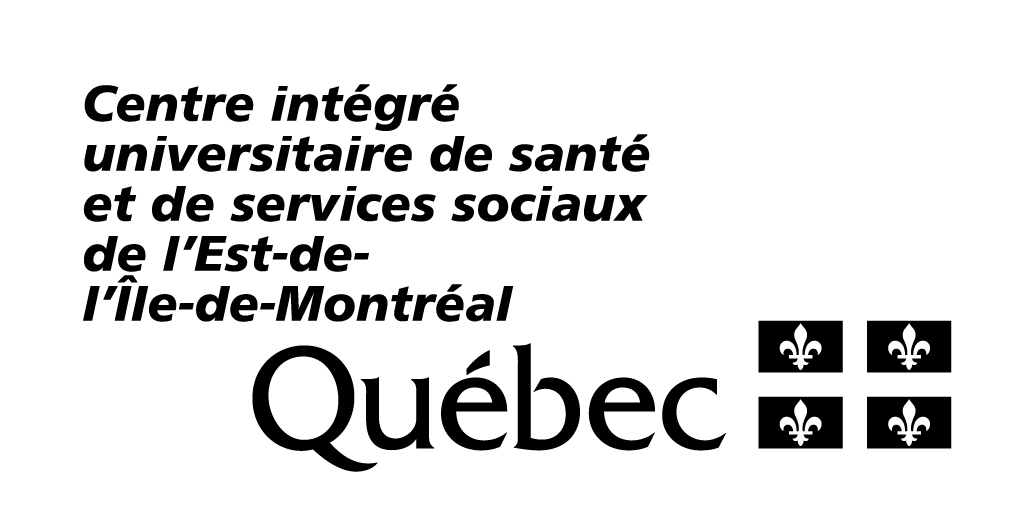When my loved one was hospitalized, the care team questioned me at length. Since then, I have not received any information, and I don’t want to intrude on their privacy. What should I do?
During the first hospitalization of an “adult” loved one, you must clarify your need for information with them in order to effectively assist them. The care team is bound by confidentiality rules that do not allow for the disclosure of information without your loved one’s permission.
First, the team will try to obtain as much information as possible to establish a profile of the illness. Then, they will observe your loved one for several days to identify symptoms of the illness and attempt to treat them. This observation period may seem long when you are waiting for answers, but given the consequences associated with a diagnosis, it is better to take all the time necessary. During hospitalization, you can identify key members of your loved one’s care team and establish a connection with one or two of them. When possible, address your questions to the same care team member to avoid any misunderstandings. The information you need to accompany your loved one is not an attack on their privacy, but rather a tool to help you assist them more effectively.






























